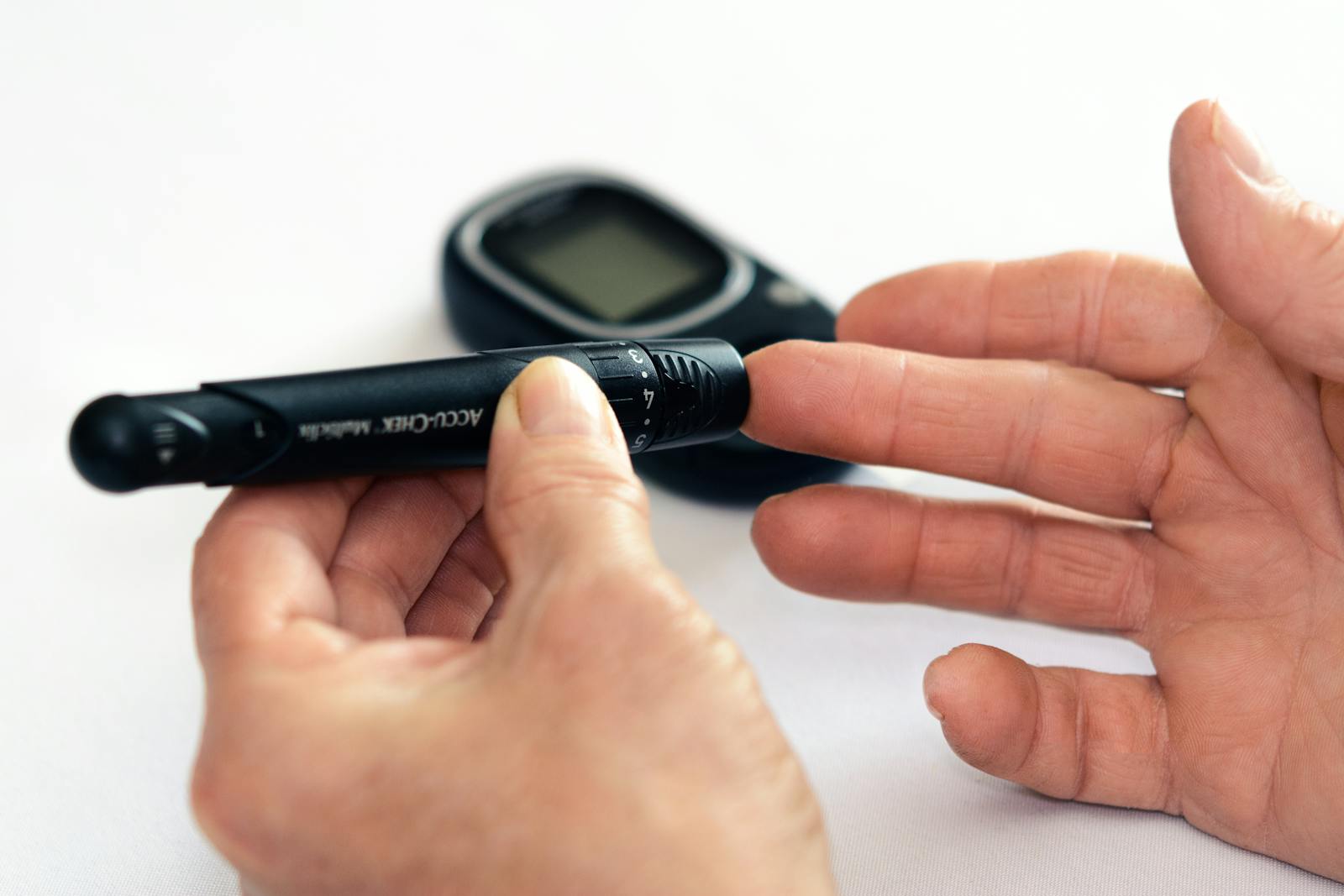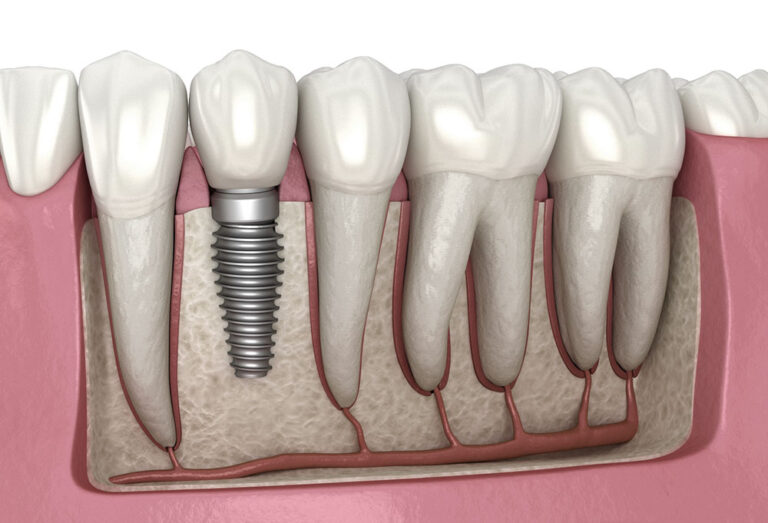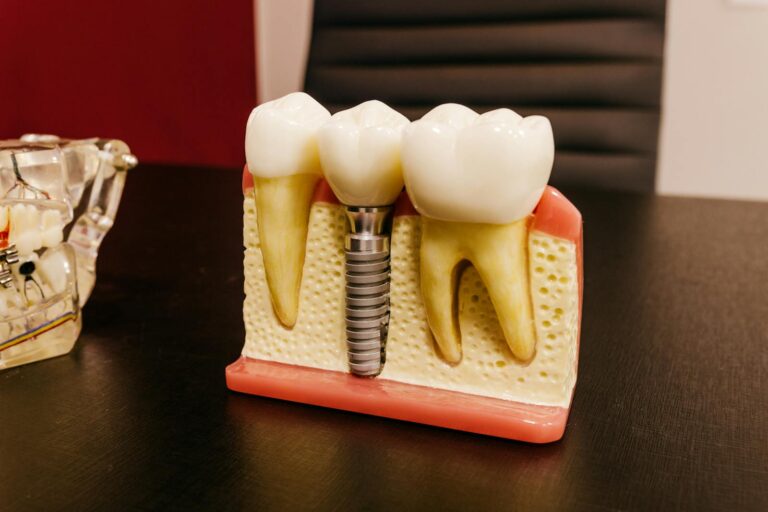Are Dental Implants Safe for Diabetics?
If you’re living with diabetes and considering dental implants, it’s completely natural to wonder, “Are dental implants safe for me?” Diabetes can affect the body’s ability to heal, and since implant surgery relies on proper healing and bone integration, it’s a valid concern.
The good news? Yes, dental implants can be safe and successful for people with diabetes—but there are important conditions and precautions to be aware of.
Let’s take a closer look at what the research says, the risks involved, and how you can improve your chances of implant success.
How Diabetes Affects Healing
Diabetes is a chronic condition that can have wide-ranging effects on the body, especially when blood sugar levels are not well controlled. One of the most significant impacts is on the body’s natural ability to heal. High blood glucose levels impair circulation, reduce immune response, and interfere with tissue regeneration, all of which are essential for successful surgical recovery.
Specifically, people with poorly managed diabetes may experience:
- Delayed wound healing – Elevated glucose levels can damage blood vessels and reduce oxygen delivery to tissues, leading to slower recovery after surgery.
- Increased risk of infection – Weakened immune defenses make it harder for the body to fight off bacteria and other pathogens at the surgical site.
- Reduced bone formation and regeneration – High glucose levels can interfere with the cells responsible for bone remodeling, which is critical for the process of osseointegration.
Osseointegration is the foundation of a successful dental implant, as it allows the implant post to become securely anchored in the jawbone. Any condition that impairs healing or bone health—such as uncontrolled diabetes—can compromise this process and increase the risk of implant failure. However, with proper management of the condition, many diabetic patients can achieve excellent healing outcomes.
Are Implants Successful in Diabetic Patients?
Extensive clinical research has demonstrated that dental implants can be a safe and effective treatment option for individuals with diabetes, particularly when their blood glucose levels are well-managed. Although diabetes can impact healing and immune function, these effects are significantly mitigated when the condition is under control.
A 2021 systematic review published in the Journal of Clinical Medicine found that individuals with controlled type 2 diabetes exhibited dental implant success rates that were comparable to those of non-diabetic individuals. These patients experienced favorable outcomes in terms of osseointegration, minimal complications, and long-term implant stability.
However, the picture changes for those with uncontrolled diabetes. In such cases, elevated blood glucose levels can increase the likelihood of postoperative complications, including delayed tissue healing, a higher risk of peri-implantitis (inflammation and infection around the implant), and a greater chance of implant failure.
The key takeaway is clear: diabetes does not automatically disqualify a patient from receiving dental implants. Instead, the degree of glycemic control plays a crucial role in determining the safety and success of the procedure. With careful planning and effective diabetes management, many patients can achieve excellent implant outcomes.
What Can Diabetics Do to Improve Implant Success?
If you have diabetes and are considering dental implants, here are some practical steps you can take to improve your chances of success:
- Maintain Good Blood Sugar Control
Work closely with your doctor to keep your HbA1c levels within target range. Good metabolic control supports better healing and lowers the risk of infection. - Communicate With Your Healthcare Providers
Make sure your dentist or oral surgeon is aware of your diabetic status. A coordinated approach between your medical and dental providers can make a big difference. - Follow a Thorough Oral Hygiene Routine
Brush twice daily, floss, and use antibacterial mouthwash to keep your gums healthy. Diabetics are at higher risk for gum disease, which can jeopardize implant success. - Quit Smoking
Smoking, especially when combined with diabetes, dramatically increases the risk of implant failure. - Stay Consistent With Dental Check-ups
Regular visits allow your dentist to monitor healing and detect any early signs of complications.
When Might Implants Not Be Recommended?
In cases of uncontrolled diabetes, especially when combined with other risk factors like smoking or severe gum disease, implants may not be immediately recommended. In such cases, your dentist might suggest alternative treatment plans until your condition stabilizes.
Bone grafting procedures may also be required if there’s insufficient bone density—something that can be affected by long-standing diabetes.
Final Thoughts
So, are dental implants safe for diabetics? Yes, absolutely—but with careful planning and proper health management.
If you’re diabetic and interested in dental implants, the first step is a thorough consultation with your dentist. With a personalized treatment plan and good medical coordination, dental implants can be a life-changing solution—even if you have diabetes.





